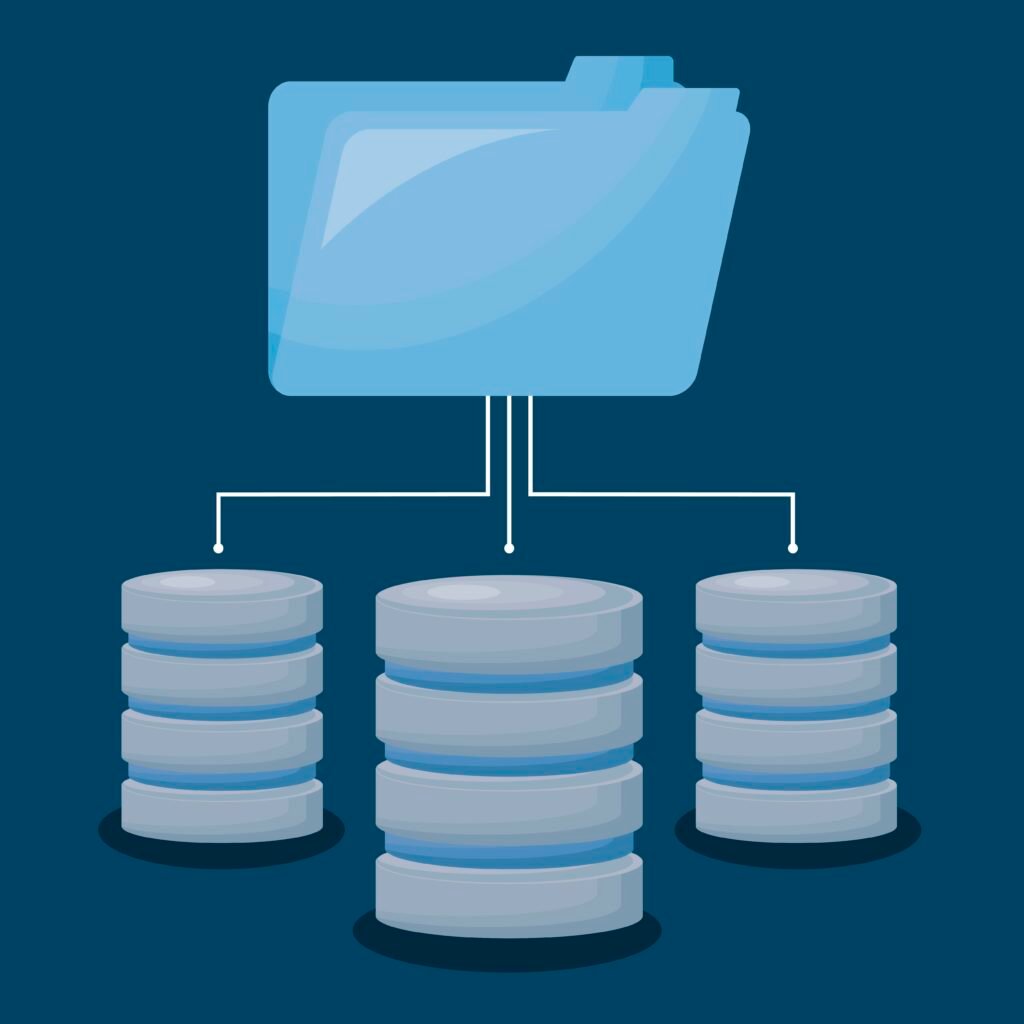In today’s data-driven world, websites rely heavily on databases to store and manage crucial information. Whether you’re running an e-commerce store, a blog, or any website requiring dynamic content, understanding MySQL Database Management is essential.
This guide delves into Hostinger’s database management system, equipping you with the knowledge to create, manage, and secure your databases effectively.
What is MySQL Database Management?
MySQL is a popular open-source relational database management system (RDBMS) widely used for storing and organizing data. Hostinger, a prominent web hosting provider, offers databases as part of their hosting plans, allowing users to manage their data directly within their hosting control panel.
Accessing Hostinger’s MySQL Database Management

- Log in to your Hostinger account.
- Navigate to the “Hosting” section.
- Select your website from the list.
- Under “Databases”, click on “MySQL Databases”.
Key Features of Hostinger’s MySQL Database Management:
- Create Databases: Easily create new databases with unique names specific to your website’s needs.
- Manage Users: Assign users with individual usernames and secure passwords to access and manage the database.
- Set User Permissions: Granular control over user permissions ensures data security by restricting actions like creating, editing, or deleting data.
- phpMyAdmin Access: Utilize the intuitive phpMyAdmin interface to directly interact with your database, performing tasks like creating tables, managing data, and running queries.
- Import/Export Databases: Effortlessly transfer your database between platforms using the import and export functionalities.
Benefits of Using Hostinger’s MySQL Database Management:
User-Friendly Interface:
Hostinger’s control panel offers a user-friendly interface, making database management accessible even for beginners.
Security Features:

Built-in security features like user permissions and password protection safeguard your valuable data.
Scalability:
As your website grows, you can easily upgrade your hosting plan to accommodate the increasing storage and processing demands of your database.
Additional Tips for Effective Database Management:
- Choose descriptive database and user names for better organization and clarity.
- Implement strong passwords and consider using a password manager for enhanced security.
- Regularly back up your database to prevent data loss in unforeseen circumstances.
- Optimize your database structure for efficient performance by following best practices and indexing relevant data fields.
By following this guide and leveraging Hostinger’s user-friendly database management tools, you can effectively manage your website’s data, ensuring its security, organization, and optimal performance.
Further Resources:
- Hostinger’s official guide on managing databases: https://www.hostinger.com/tutorials/mysql
- Hostinger’s knowledge base for additional resources: https://support.hostinger.com/en/
- Remember, this guide is a starting point, and you can explore Hostinger’s documentation and resources for a more comprehensive understanding of their database management system.

